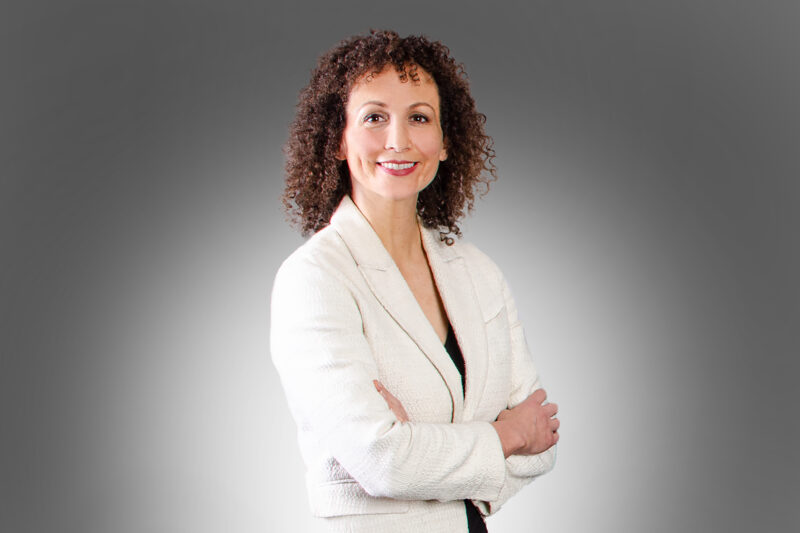Developing new services: Interview with Tyler Mahn Jones
19.03.2024
FLOCERT is the well-known global certifier for Fairtrade. Recently, the company has expanded its services to include verification and assurance of ethical business practices. Tyler Mahn Jones, the Business Relations Director at FLOCERT, explains why the company now offers these new services and gives a behind-the-scenes look at the development process.
FLOCERT has been providing Fairtrade Certification for more than 20 years. Why is it now branching out into product and service development?
TMJ: Over the years, we have been developing various services to benefit workers and producers positively and to drive fairer trade in global supply chains. Some of our services include the Fairtrade Certification scheme established in 2003, customised “Code of Conduct” verification services or the development of company-owned sustainability programmes, and other services we have been piloting. However, what sets us apart today is that we have moved from a reactive to a proactive approach, ensuring that our services contribute to furthering our mission and make business sense for our customers and FLOCERT. We have expanded our service development toolkit and expertise to capitalise on new trends within the sustainability market. This way, we can help our customers navigate the influx of due diligence legislation in Europe and many other regions, providing them with high-quality assurance. Despite these changes, our core vision remains the same: to support workers and producers and promote fairer trade in global supply chains.
These new services – aren’t they potentially undermining FLOCERT’s strong allegiance to the Fairtrade mission?
TMJ: FLOCERT’s strong allegiance to the Fairtrade mission sets it apart from other certification bodies. The mission of Fairtrade is to connect producers with consumers, promote fair trading conditions, and empower producers to fight poverty, strengthen their position, and take control of their lives. FLOCERT is committed to this mission and has worked towards it for the past 20 years. During this time, we have noticed social, environmental and technological changes, and realised that new tools and methodologies are required to support and drive this mission. For this reason, we are developing and maintaining a range of services that help businesses worldwide to achieve fairer and more sustainable trade.
What is the status of FLOCERT’s service development process? Who is the target audience, and what is the timeline?
TMJ: As mentioned earlier, the service development process we are implementing is based on industry best practices and was adapted to FLOCERT’s way of working with the help of a group of experts from across FLOCERT. We officially launched the process to the entire company at the end of last year and are now leveraging it in a dedicated programme to guide us through the ideation and development of new services. As we gain insights and learnings from using the process, we will adapt it to ensure it remains adequate and relevant and continues to meet the needs of FLOCERT and the customers we serve. As a tangible first outcome of the process, we have just launched our new Living Wage SmartCheck service, which supports businesses in putting living wages in their supply chains into practice.
What are the key learnings from the first experiences developing new services?
TMJ: We have already noticed that having a clear and straightforward process that incorporates the voices of current and potential customers helps guide our teams and results in services that bring value to our customers. However, our team is highly motivated and has fully embraced this new process, making excellent progress in the initial stages. When it comes to the actual service content, what is a given is that we will leverage our expertise as an ethical assurance provider, for example, to offer services that help companies comply with upcoming due diligence legislation. We are therefore currently looking into legislations such as the EU Corporate Sustainability Due Diligence Directive (CSDDD), the EU Corporate Sustainability Reporting Directive (CSRD), the German Supply Chain Due Diligence Act (LkSG), the EU Regulation on Deforestation-free products (EUDR), and the Modern Slavery Acts in the UK and Canada.
What does this mean for Fairtrade customers?
TMJ: We are developing services that complement Fairtrade Certification and that will provide additional value to our current and future customers. To best serve the needs of Fairtrade-certified customers, we need to hear their needs directly, which is why we are also implementing customer feedback loops and interviews to collect those needs. I would also like to invite our customers to send their needs and insights to us at solutions@flocert.net.
A three-party relationship – the …
